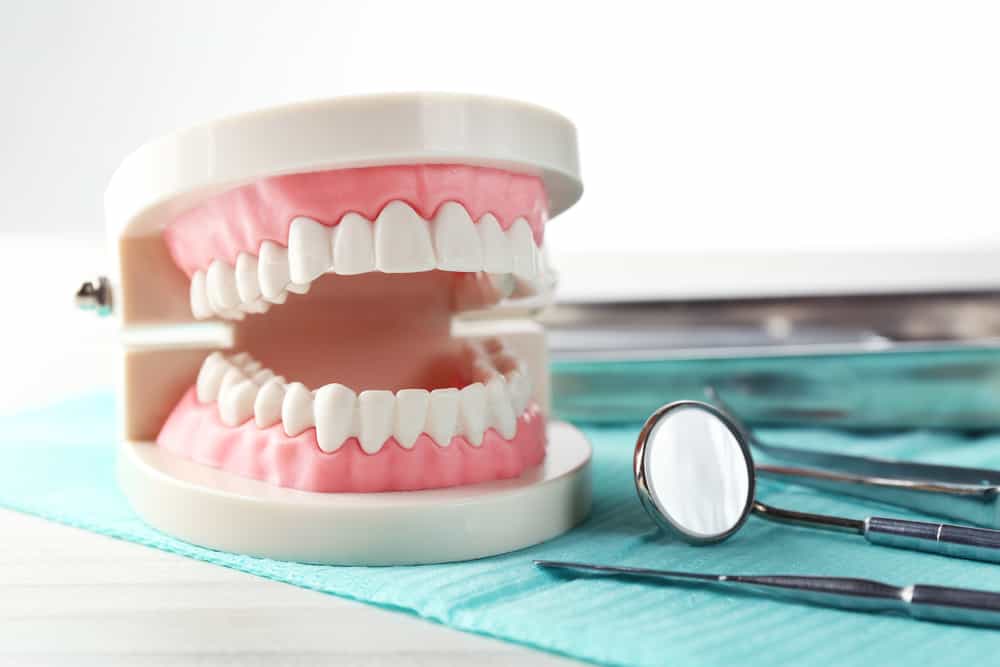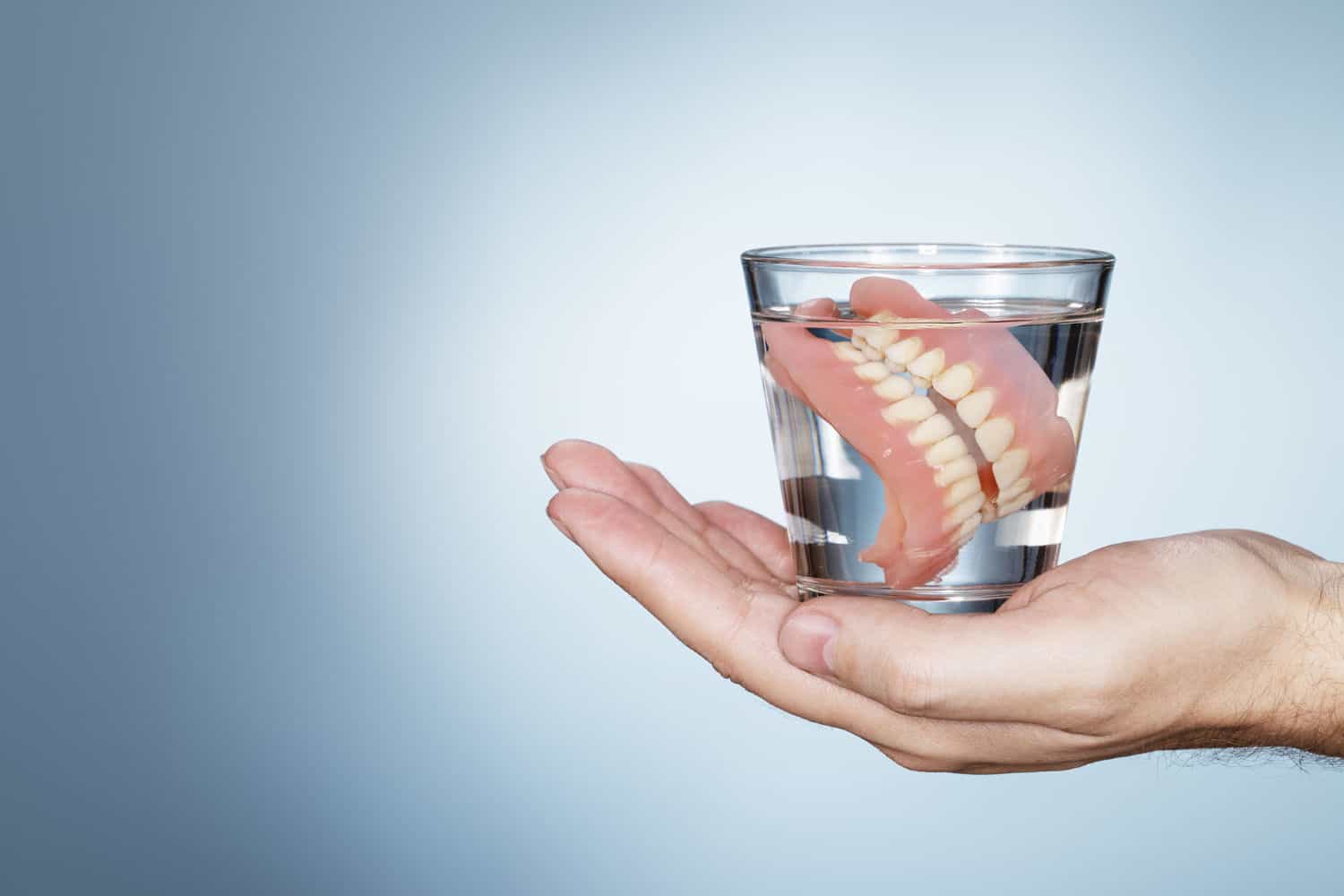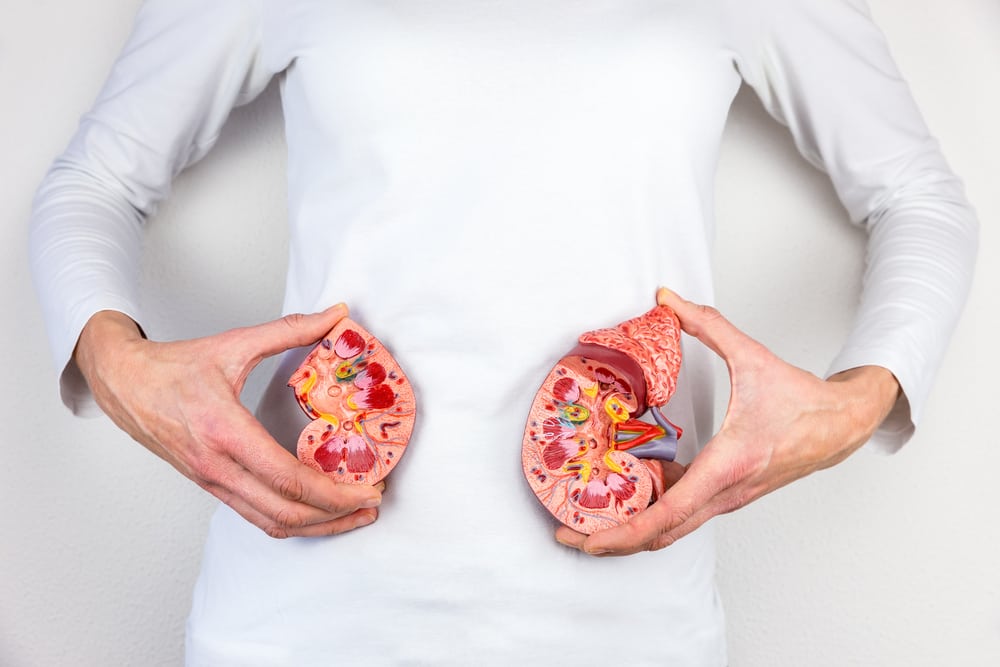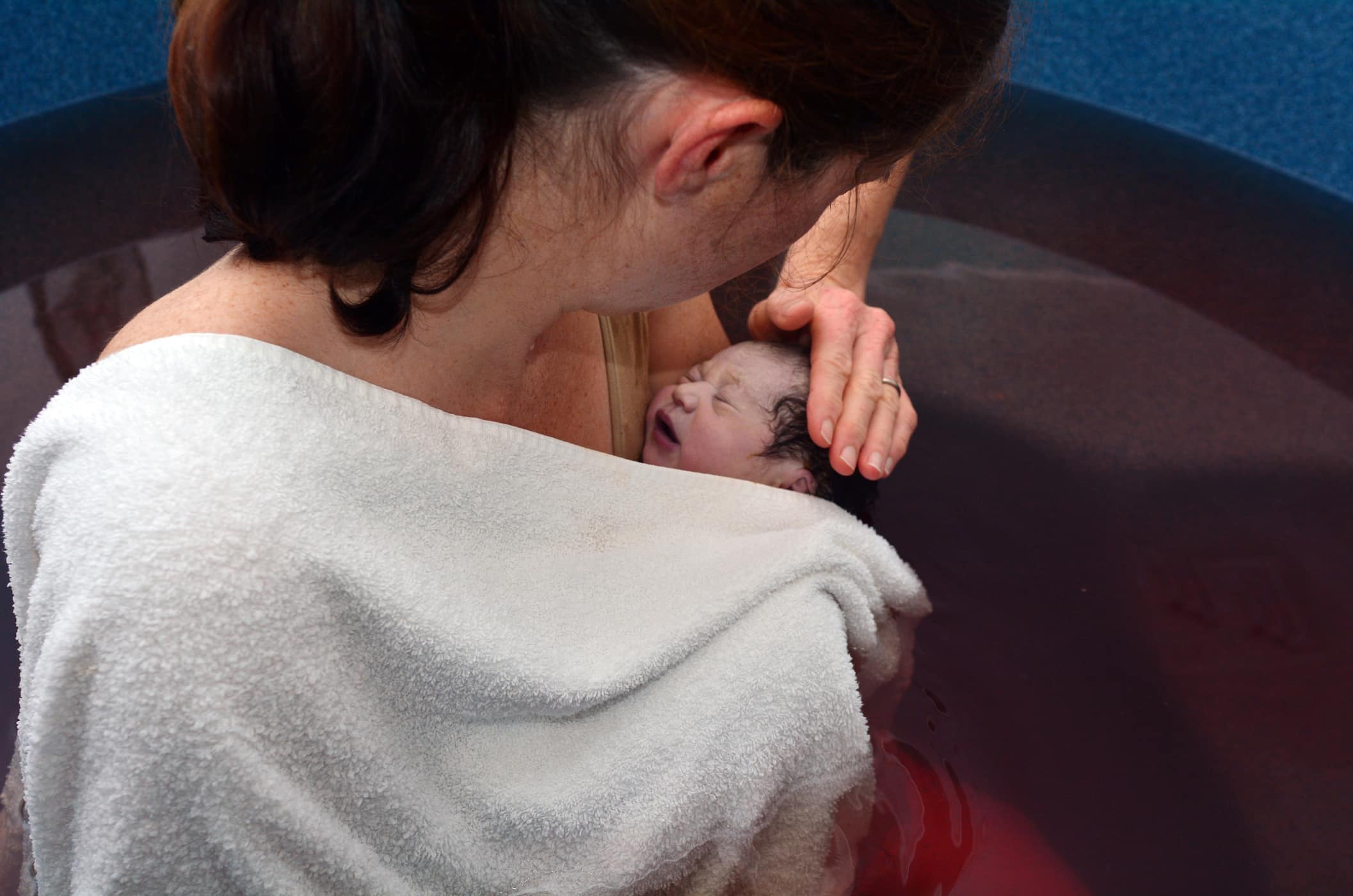Contents:
- Medical Video: Denture Care for Caregivers
- The importance of using dentures
- Caring for elderly dentures
- Regular checkups at the dentist
- Home care
- What needs to be considered after using dentures
Medical Video: Denture Care for Caregivers
Many elderly people lose their teeth so they need the help of dentures. These dentures replace the function of their missing teeth to digest food and other functions. As with true teeth, dentures must also be treated so they don't break quickly. Check out the following review on how to treat dentures in the elderly.
The importance of using dentures
Teeth are not only useful for digesting food, but also play an important role in speaking and also have an important impact on overall body health. Especially in the elderly, their digestive organs begin to decrease functionally so that the role of the teeth to digest food becomes greater. The use of dentures will not last long if not treated properly. For this reason, the elderly need to treat dentures, so that the resilience of the dentures can still be used for up to 5-7 years.
Caring for elderly dentures
Caring for dentures is actually not much different from genuine dental care. The following are guidelines for treating dentures that you can do to maintain tooth resilience in the elderly.
Regular checkups at the dentist
Examination is done every 6 months, just like maintaining healthy teeth in general. The dentist will check for plaque on the gums and prevent the occurrence of root cavities. Wearing dentures puts pressure on the gums and jaw structure. If it is not monitored it will most likely irritate the gums causing swelling and even loss of bone and tissue. The use of these dentures will be replaced for several years and adjusted to the condition of the elderly's mouth and the condition of dentures that can change color and change its curvature. Because as we get older, the shape of the facial bones in the elderly will change so that at any time the dentures will not feel right in the mouth.
You must accompany the elderly when making regular visits. Because the elderly often forget or confuse the explanations and suggestions given by the doctor. Ask for complaints about dentures and their oral health and submit the complaint to the doctor. Make an agenda so that you do not forget and note the things that are important at each visit.
Home care
Reporting from the Mayo Clinic, dentures are easily damaged or curved, even if caused by the slightest damage. Elderly people forget more easily or may have difficulty treating and maintaining denture hygiene. For this reason, you need to monitor and help with each treatment. Here are tips on caring for dentures at home:
1. Regularly clean the dentures
After eating, the dentures must be cleaned to remove food scraps between the teeth, avoid the nesting of bacteria, and prevent permanent stains on the teeth. Perform cleaning at least every day. You do this by brushing it with a soft bristle brush and denture cleanser. Avoid brushing the dentures too hard, especially to damage the plastic or arch. Then rinse thoroughly with water.
Dentures cleaners are not toothpastes that are used to clean natural teeth. Toothpaste is abrasive and contains peroxide. This can create microscopic strokes that cause food to become more easily caught and plaque more easily formed. Then, if only a partial denture is used, do not clean the dentures inside the teeth especially using the denture cleaning agent.
2. When not in use, store it in a safe place
Dentures need to be kept moist. Therefore, the tooth must be placed in a solution to soak the dentures or in the water. However, the denture with a metal attachment, the layer will thin out faster if placed in a clean solution. Don't use hot or warm water to soak your teeth because it can change its shape to become more curved. Before use, it should be cleaned first.
You should prepare, cloth, cloth or tissue every time the meal arrives. This is used as a dental mat after use after eating and avoiding the teeth falling into a place that is not clean.
What needs to be considered after using dentures
Although the dental function of the elderly has been replaced by dentures, it does not mean that the elderly no longer maintain their oral hygiene. Elderly people still need to clean the gums, tongue and palate with a soft-bristled toothbrush before using dentures every morning. You must remember the elderly to clean their teeth and mouth. Gargling after eating can also prevent slipped food leftovers. Serve healthy foods and do not run the risk of damaging the elderly dentures and gums.
If after the installation, the dentures do not fit, you should immediately replace the appropriate dentures. If there is irritation and swelling, immediately check the doctor to get the right treatment.













